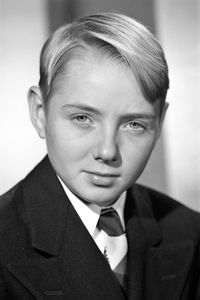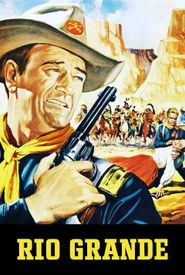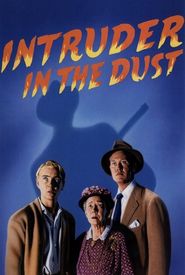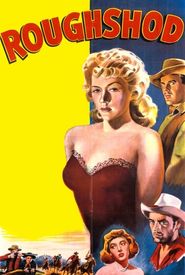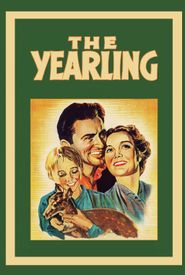Claude Jarman Jr., a talented individual, was born in the vibrant city of Nashville, Tennessee, to a professional in the field of railroad accounting. At a remarkably young age of twelve, he was unexpectedly discovered during a nationwide talent search conducted by MGM for their upcoming film, The Yearling, which was released in the year 1946. As a result of this fortunate discovery, Claude was granted the esteemed opportunity to portray the character of Jody Baxter in the classic story, which was penned by the renowned author Marjorie Kinnan Rawlings. The critics were thoroughly impressed by Claude's outstanding debut performance, and in recognition of his exceptional talent, he was awarded a miniature Oscar during the Academy Awards ceremony.
As Claude's family made the permanent relocation to the state of California, he was enrolled in the prestigious MGM studio school, where he received a comprehensive education and was simultaneously groomed as a child star. Initially, Claude's career as a film actor experienced significant success, with his early performances garnering widespread attention and acclaim.
Claude's subsequent most notable performance would emerge in the 1949 film "Intruder in the Dust", alongside esteemed co-stars David Brian and Juano Hernandez, yet unfortunately, it was not sufficient to maintain his acting career's momentum. By the early 1950s, MGM was temporarily assigning him to Republic Studios for minor, unremarkable productions, a development that contributed to his rapid decline in popularity. Feeling disheartened, Claude ultimately returned to his hometown of Nashville to complete his high school education and subsequently enrolled at Vanderbilt University, where he pursued a pre-law course.
Claude's academic pursuits came to a close, and he subsequently embarked on a three-year tenure in the Navy. By the time he returned to the vibrant city of Hollywood in 1959, he was met with an unexpected reality - the film industry had seemingly moved on without him, and he found himself struggling to secure any meaningful work in the field. However, he did manage to land a few guest appearances on television shows, which served as a modest stepping stone for his future endeavors.
Undeterred by his initial setbacks, Claude shifted his focus to behind-the-scenes work, where he began to make incremental progress as a producer and executive director of film festivals. His industry expertise eventually led to him being appointed as the director of Cultural Affairs for the City of San Francisco, a role that allowed him to leverage his creative vision and administrative prowess to drive cultural initiatives and events in the city.
